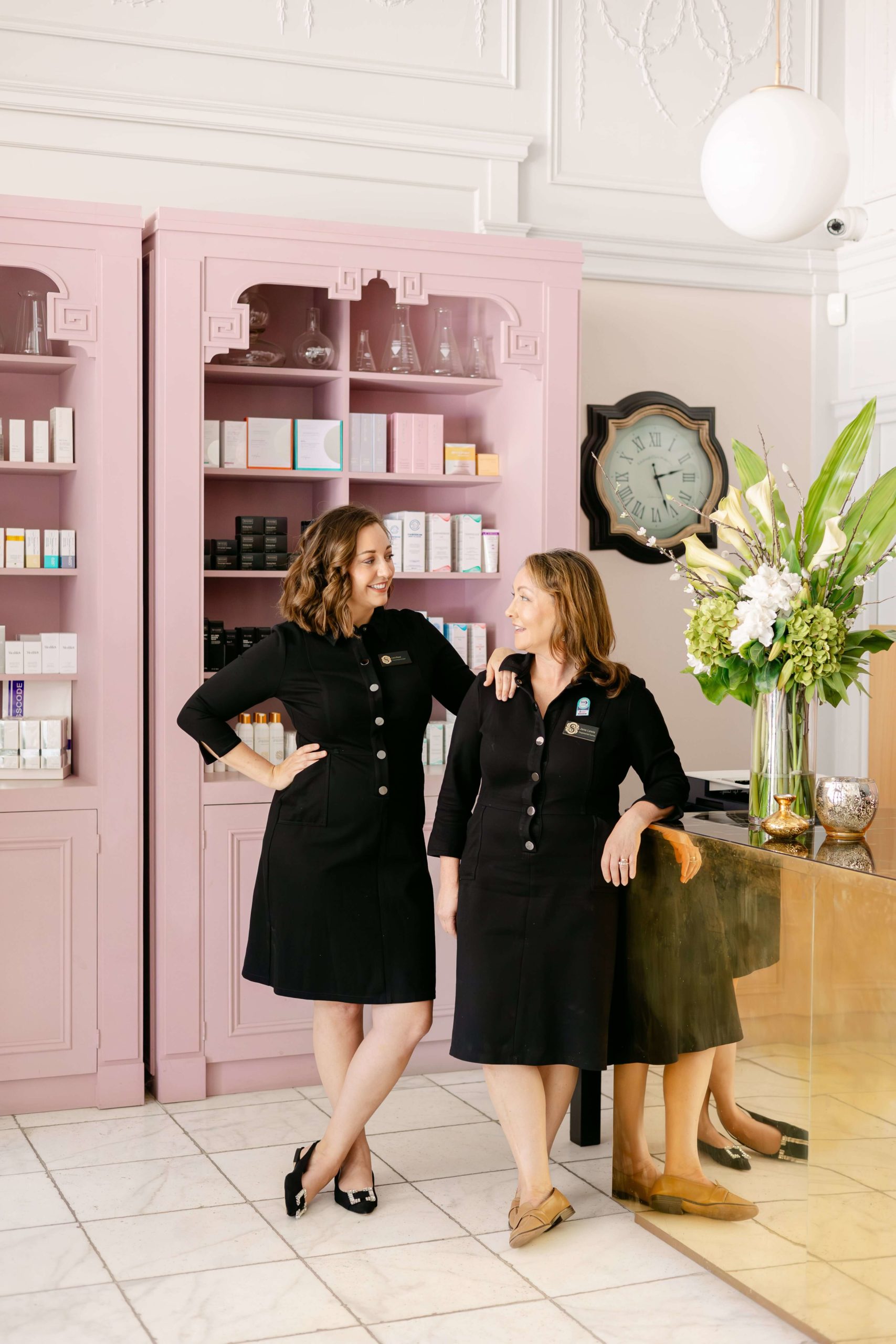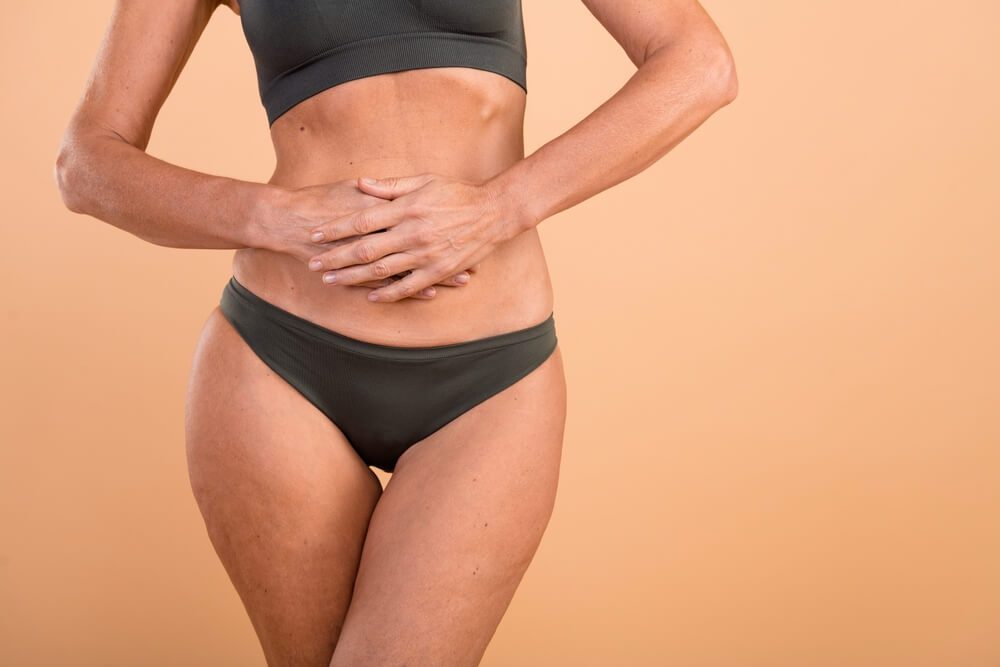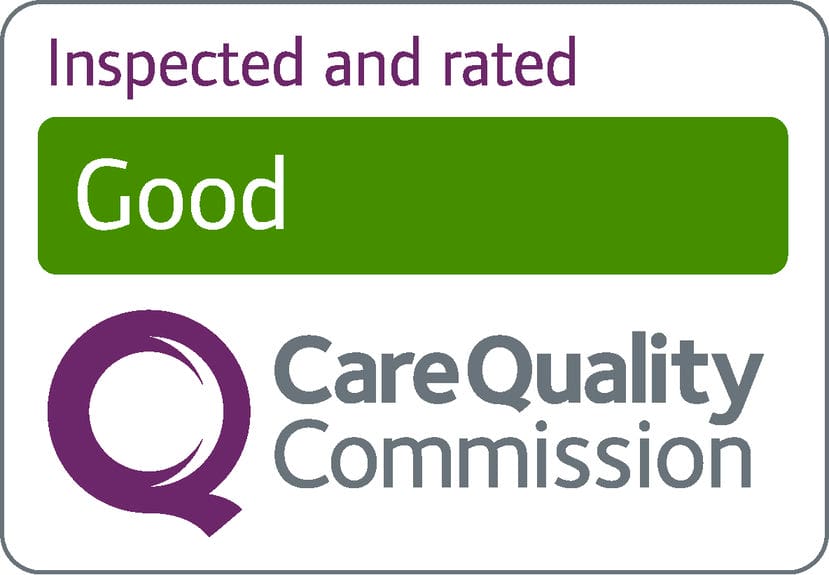Cleansing An Uneven Skin Tone
Using an oil cleanser will clean away dirt, dead skin cells and makeup without stripping the moisture from your skin. It may seem counterintuitive to use oil on your skin in this way, but even greasy skin can benefit if you use oils with astringent qualities, such as tea tree or peppermint. For dry skin, use shea or argan oils which will help hydrate your skin without making it feel greasy.
Cleansing is very simple. Holding a warm, damp cloth or flannel on your face for a few seconds to help soften the dead skin cells on your skin, then massage the cleansing oil onto your skin for around half a minute. Then use the cloth to wipe away the oil. There’s nothing more to it than that!
Improve your Skin Texture with Diet
What you eat will have a huge effect on your skin texture. We all know that an unhealthy diet will result in unhealthy skin or exasperate existing conditions such as rosacea or acne, so it also stands to reason that a healthy diet will result in healthy skin. Avoid ready meals and processed food and snacks in favour of freshly prepared meals served with lots of vegetables and fruit. Bear in mind that there are certain vitamins and minerals it would be beneficial to include in your diet that will help improve your skin's texture:
Omega-3
Omega 3 is found naturally in walnuts and fish, the fatty acids in omega-3 will help your skin stay healthy and prevent dryness. It is especially helpful for women who are menopausal or perimenopausal.
Vitamin C
In addition, to help with the prevention of colds, making sure you have lots of Vitamin C in your diet will also benefit skin texture as the antioxidants will help repair skin damage and help in the production of collagen. In addition to oranges, foods that are naturally rich in this vitamin include broccoli, cauliflower, kale, peppers, sweet potatoes, strawberries, and tomatoes.
Green Tea
The antioxidants in green tea will help improve your overall skin texture, especially if you have a red or blotchy complexion. However, be aware that green tea does contain caffeine, which may trigger flares of skin conditions such as rosacea.
Turmeric
The anti-inflammatory and antioxidant properties of turmeric can also help improve your skin texture. Use it as a food seasoning or take it as a supplement.
Please check with your GP or a board-certified dermatologist if you are considering changing your diet or using supplements, especially if you are on any medications or have pre-existing conditions.
De-Stress & Improve Skin Texture
If you’ve ever thought about joining a yoga class or exploring mindfulness techniques, now’s the time to do it, because taking as much stress out of your life as possible will also help improve uneven skin texture. When you are healthy and fit, you will find your skin tone improves and areas of textured skin or rough skin will become healthier looking smoother skin.
This is because when you’re stressed, your body releases hormones such as cortisol which can make your skin oilier and more prone to spots or flare other skin conditions which result in you having are of uneven texture. There are also studies that show that stress can accelerate the physical ageing process, which may well worsen lines and wrinkles.
Protecting and preserving your skin is a must if you want to slow down the onset of wrinkles caused by stress and maintain or improve your skin’s firmness. A Byonik treatment, the world’s first laser treatment which repairs and protects your skin from inside the skin cells, prolongs the life of and improves the health of your skin cells by protecting and lengthening your telomeres.
Air Quality
If you’re a smoker, it’s time to quit! Smoky environments are really bad for the skin because the smoke leads to the release of free radicals that are the cause of ageing skin. You are also impacting your circulatory system, meaning oxygen and nutrients have a more difficult time reaching your skin.
You also need to be aware of your home’s air quality. When you’ve got the central heating on, the air will be a lot drier, and this will dry your skin. To help prevent dryness, use a humidifier, or just put a bowl of water on the windowsill – the water will evaporate into the atmosphere when it’s warmed by the sun.
Sleep
Getting a good night’s sleep is a vital part of your overall health as well as your skin’s health. When you’re asleep, your body will relax and make repairs, but if you can’t sleep properly, your body is more likely to release adrenaline and cortisol which not only prevents it from repairing itself but also causes more problems, such as spots, uneven skin texture and acne.
If you’re interested in literally reducing the biological age of your skin’s DNA then Byonik may be the skin treatment for you.
Remember that we were talking earlier about telomeres? Well, the Byonik treatment helps to preserve and protect your telomeres which improves the health and lifespan of your skin cells. This really is as close to stopping ageing skin as you can get; of course, it doesn’t mean that your skin cells aren’t going to carry on ageing after the Byonik treatment (we’re not freezing time) but your DNA (telomeres) have been rejuvenated.






